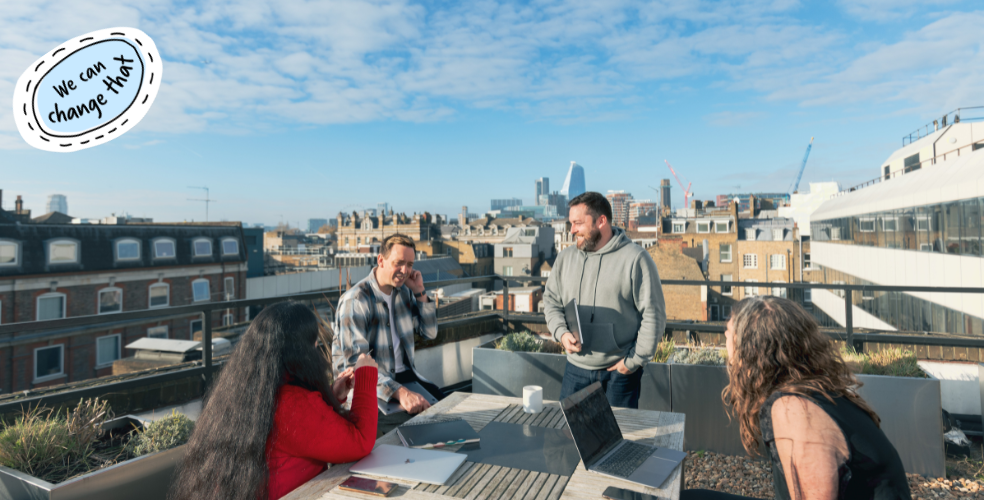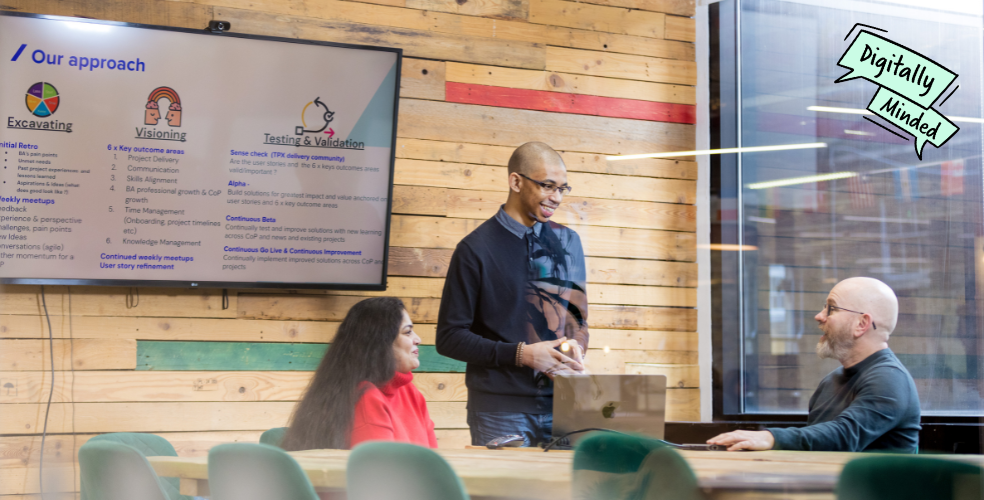Local authorities across the UK have had to deal with various and mounting pressures in recent years. Having spent considerable time working for and with these organisations, I have had first-hand experience with these challenges and seen the incredibly hard work being done by staff to try and address them.
These pressures are not going to go away any time soon and it’s vital that local authorities can maximise what they have and find innovative ways to provide for their communities, which is a lot easier said than done. So, what are some of the key challenges and what can councils do now to help improve services for people they serve?
Prevention, freedom and innovation
It’s no secret that budgets are tight, and this lack of spending power has forced many councils to make tough choices about which services to prioritise. At the same time, the lion’s share of available funds is often consumed by adult social care and children’s services. These are hugely important and it’s right they receive the attention they do, but their funding requirements leave little room for money to be spent in other areas such as economic development, tourism, libraries or road repairs.
One promising avenue for local authorities which can help address these challenges is shifting to preventative service models, which could create huge savings and ease pressure on services as issues are identified and addressed before they manifest. However, to achieve this model of care, we need to harness new technologies while also co-designing services with users so they provide them with the support they need at the earliest point.
We saw this change happen during the COVID-19 pandemic. There was rapid innovation in how public services were delivered with a clear focus on prevention and outcomes and the almost overnight removal of bureaucratic hurdles, giving staff the ability to design how best to operate. Social workers adapted new practices - like seeing children outdoors - and new technologies such as WhatsApp and Zoom quickly found their way into services so people could be seen remotely.
Over time the familiar controls and ways of working have applied the brakes on this freedom to innovate and I believe it is something we should return to.
Modernisation and digital leadership
When it comes to finding and trying new solutions local authorities can be hesitant, largely due to traditional, risk-averse ways of working. It is still far more common to see big design up front programmes than it is multi-disciplinary teams formed of service experts, designers and technologists co-designing with people who use services. There are often good reasons for this, but in my experience, one that often comes up is that they struggle to create the skills and leadership structures needed to drive innovation.
This isn’t a criticism and many in leadership positions have rightly come into these roles due to excelling in multiple fields - not least the incredible challenge of delivering services through massive reductions in spending power and a pandemic. However, to address the issues they face, local authorities need to enable those throughout the organisation to be more dynamic and forward-thinking, particularly when it comes to the design and use of technology.
For example, councils could significantly improve their digital skills and technology investment. But many lag behind in these areas, hindering modernisation and efficiency that could help them address some of the issues they face.
This is because, despite the critical role technology plays in service delivery, those in digital roles are frequently seen as support functions rather than strategic partners in driving transformation forward. Statutory roles like Monitoring Officers and Section 151 Officers rightly wield significant power, but there’s rarely an equivalent recognition for technology positions.
To address this, we need a change of mindset. Decision-makers have to recognise the importance of digital and technology roles within their leadership structures. Creating positions such as Chief Digital Officers with a seat at the leadership table can drive the necessary changes and foster a culture of innovation, helping councils shift away from traditional approaches and bringing new ideas to the fore.
Creating the space for innovation
The consistent theme that runs through the challenges we’ve highlighted is that they require local authorities to work differently and try new things, and central government needs to support them to do this. While additional funding is always welcome, in its absence what councils truly require is the space and support to collaborate and innovate.
This isn’t to say that innovation isn’t already happening and we’ve seen great work being done by organisations such as LOTI and within public sector teams. But this is often siloed and done with the absence of digital tools that could help them make an even bigger difference.
Central government needs to create an environment where councils can experiment with new service models, technologies and leadership structures, while also being able to come together to share ideas and solutions. By providing the time and space for experimentation and collaboration, these organisations will be able to find the answers to some of the challenges they face and be able to work with and share these with their fellow local authorities, who can learn from and implement them to benefit their own constituents.
We’ve seen the success of this approach through events we’ve hosted, which brought together those working in local public service innovation to share ideas and emerging products and services that could be reused by any local authority under open source principles. These sessions allowed councils to showcase their ideas, get feedback on projects in real-time, learn about new solutions available to them and connect over shared interests and challenges.
Local authorities are at a crossroads and it’s time to rethink how we deliver services and lead our communities into a brighter future. The challenges they face are immense, but so are the opportunities for innovation and improvement. By embracing preventative service models, enhancing digital skills and technology investment, and fostering a culture of collaboration and innovation with the support of central government, councils can navigate these turbulent times and emerge stronger.
Our recent insights
Transformation is for everyone. We love sharing our thoughts, approaches, learning and research all gained from the work we do.
-

Budget 2025 reveals how digital funding really works
Read insight -

Unlocking the benefits of AI for charities
Read insight -

What's the future for open data in the UK?
Read insight -

